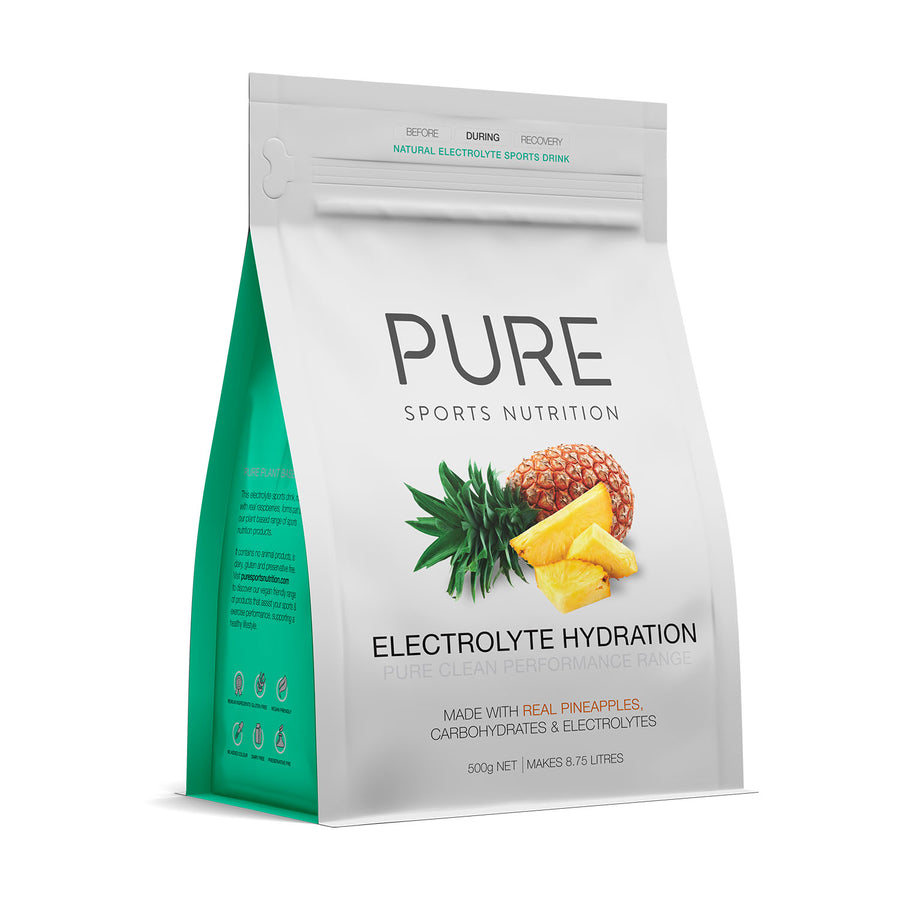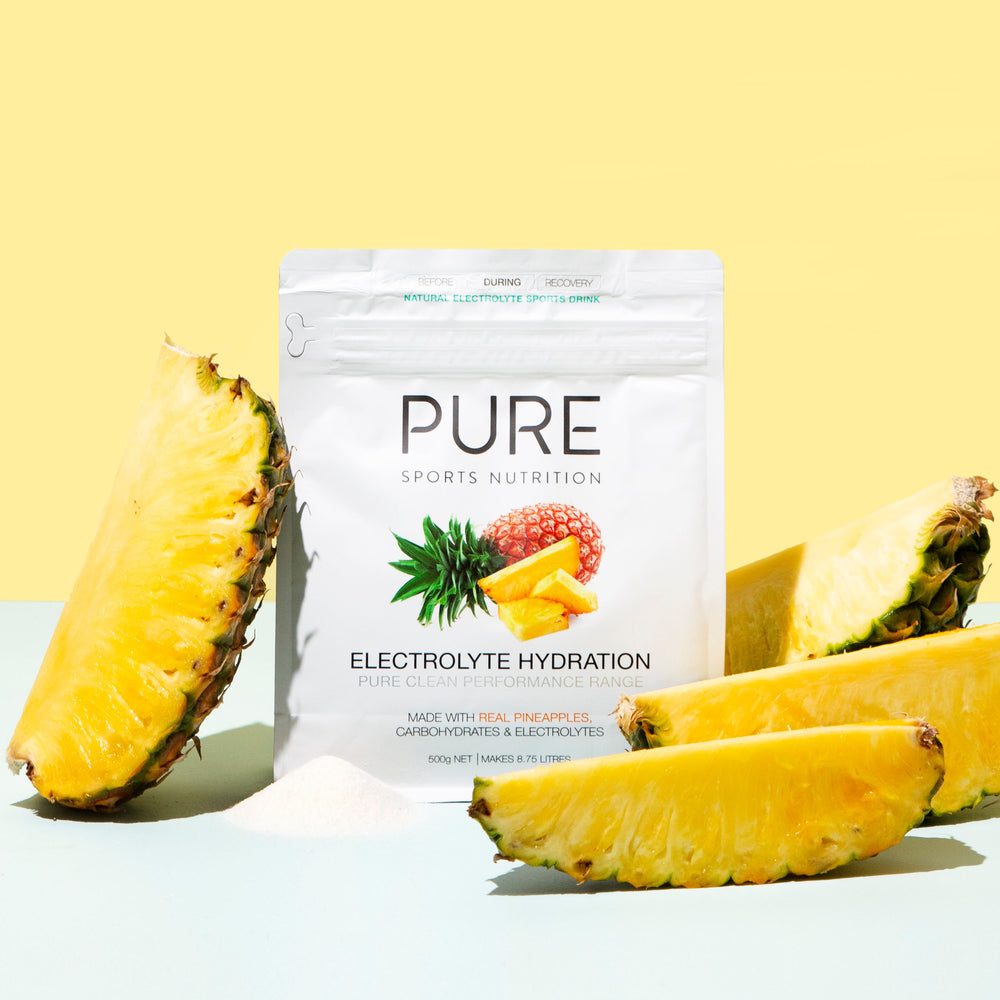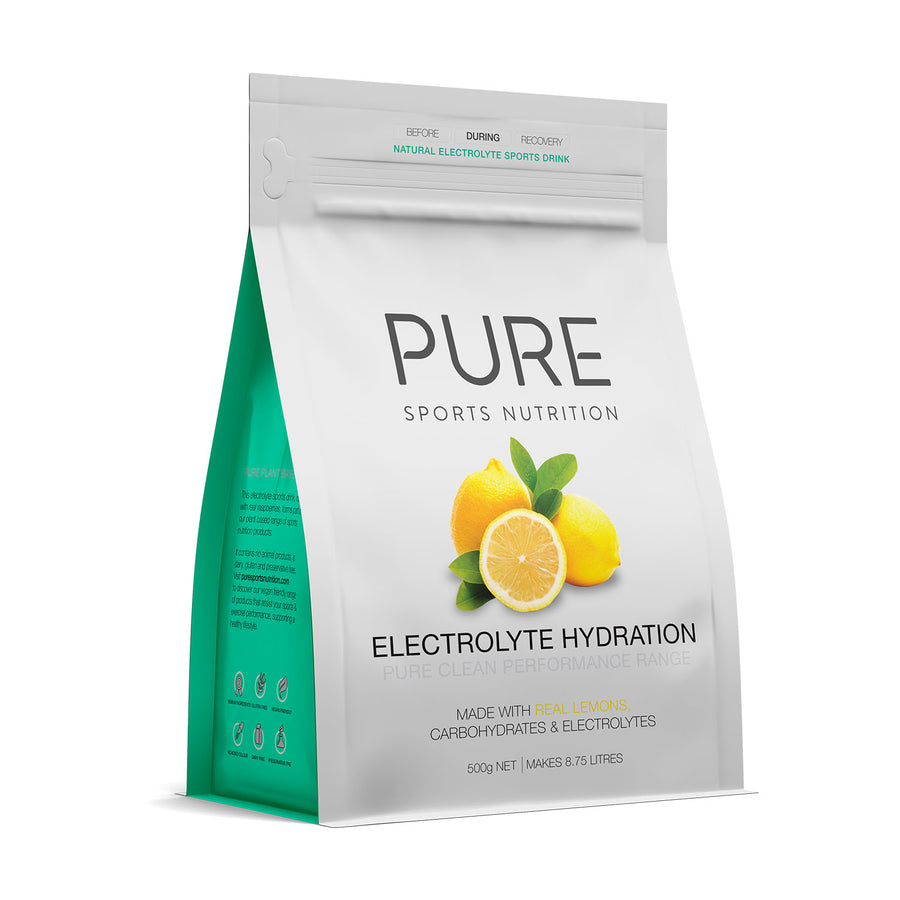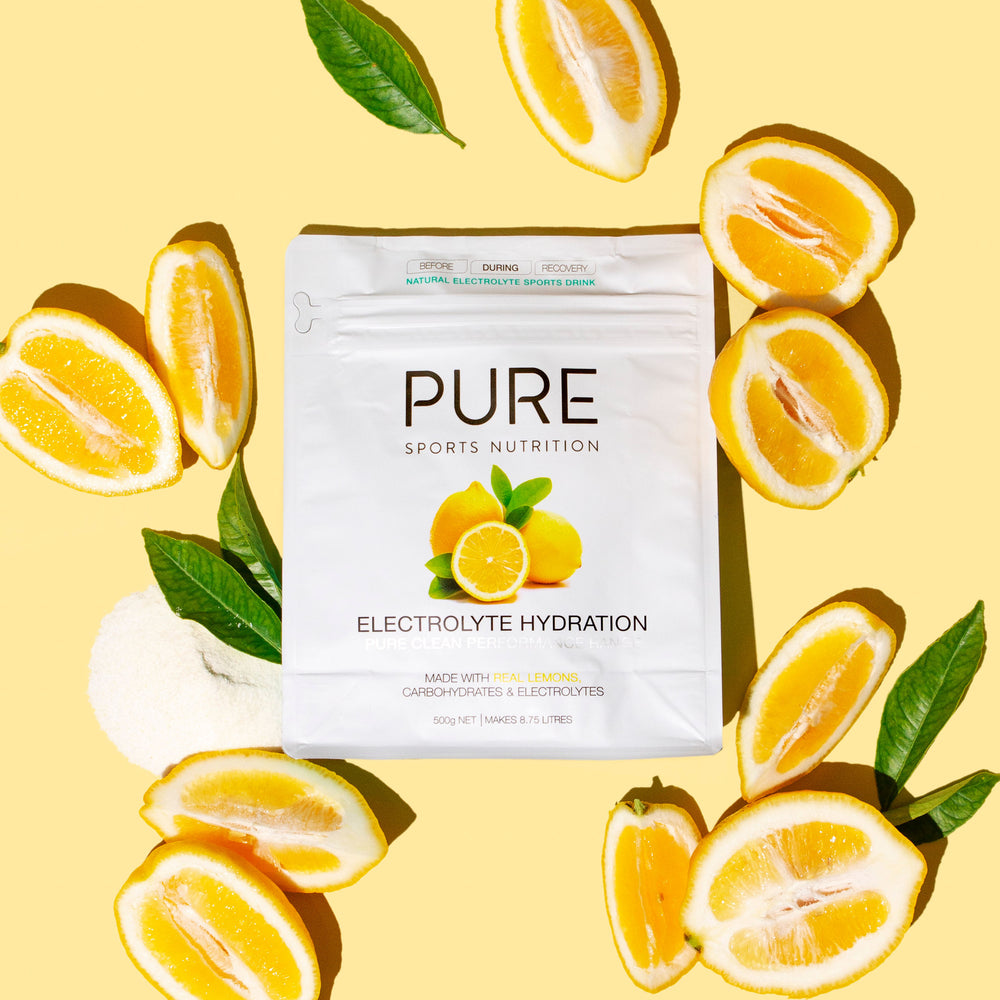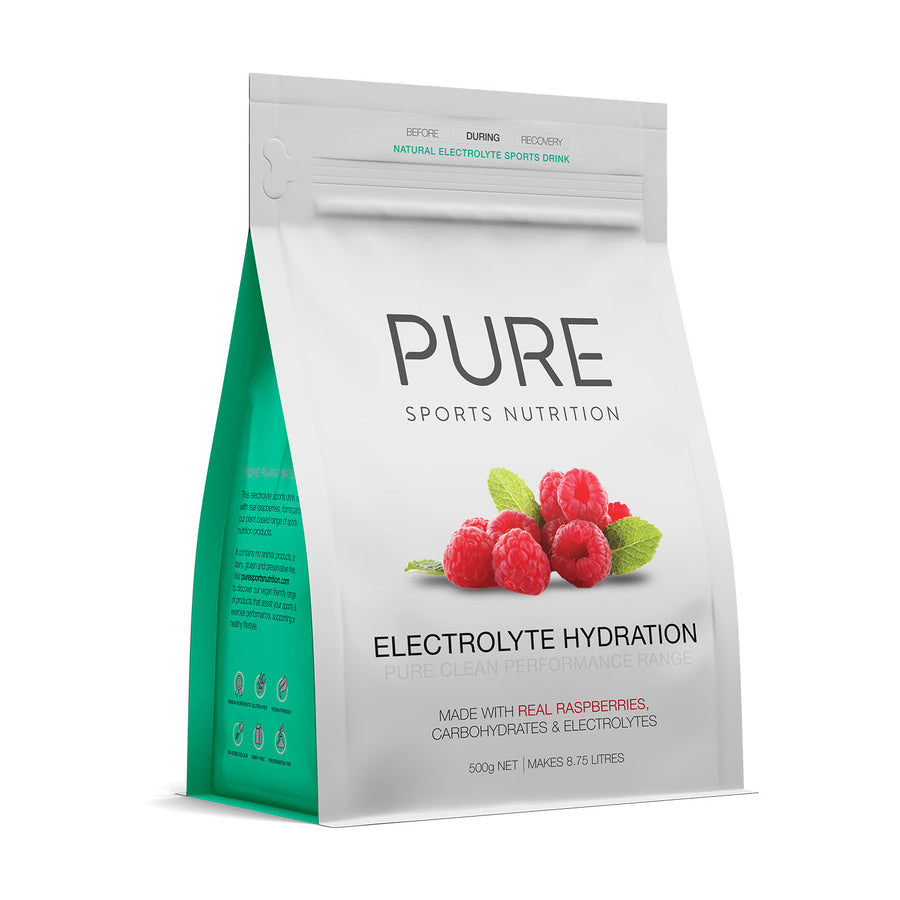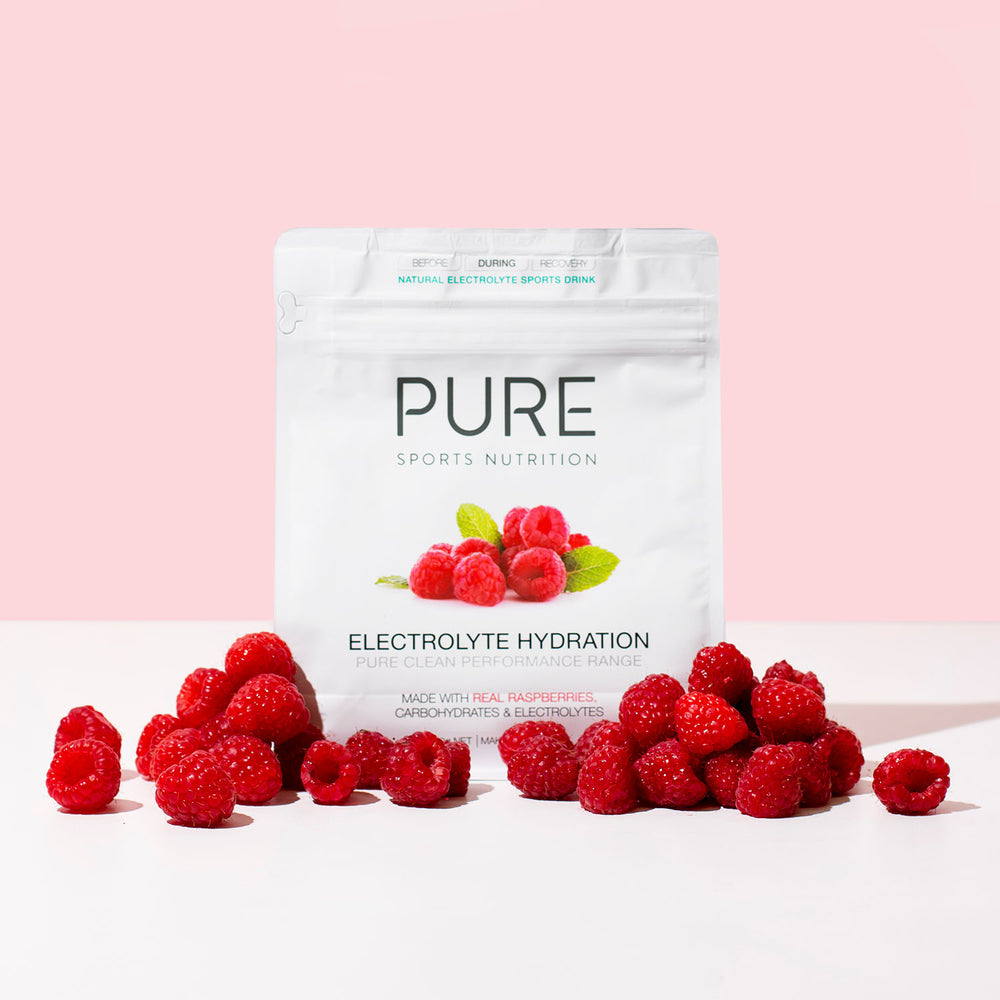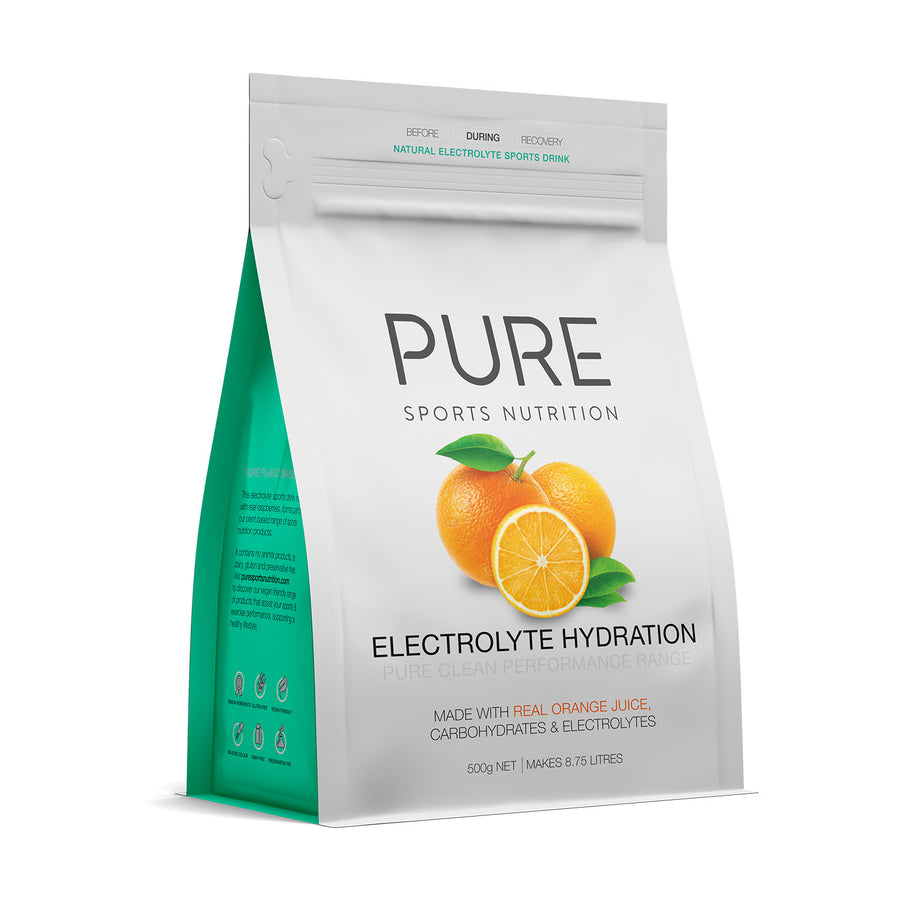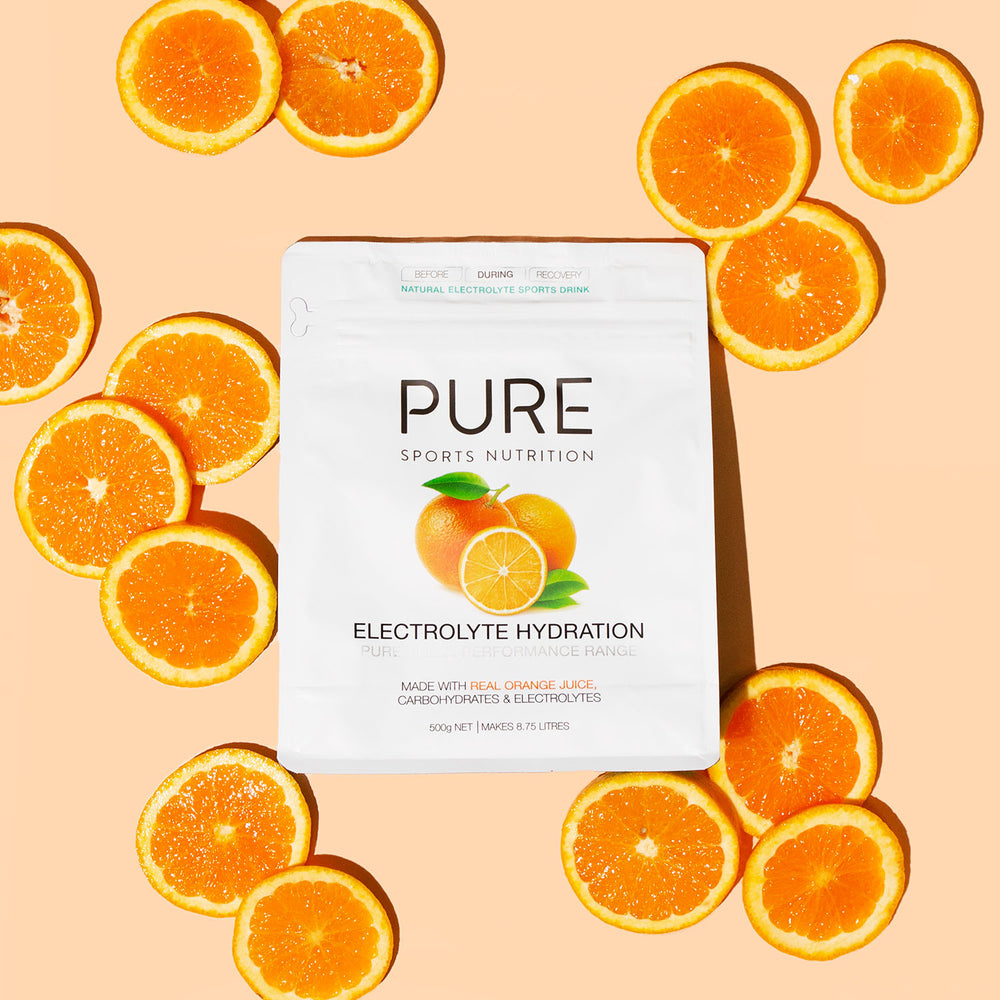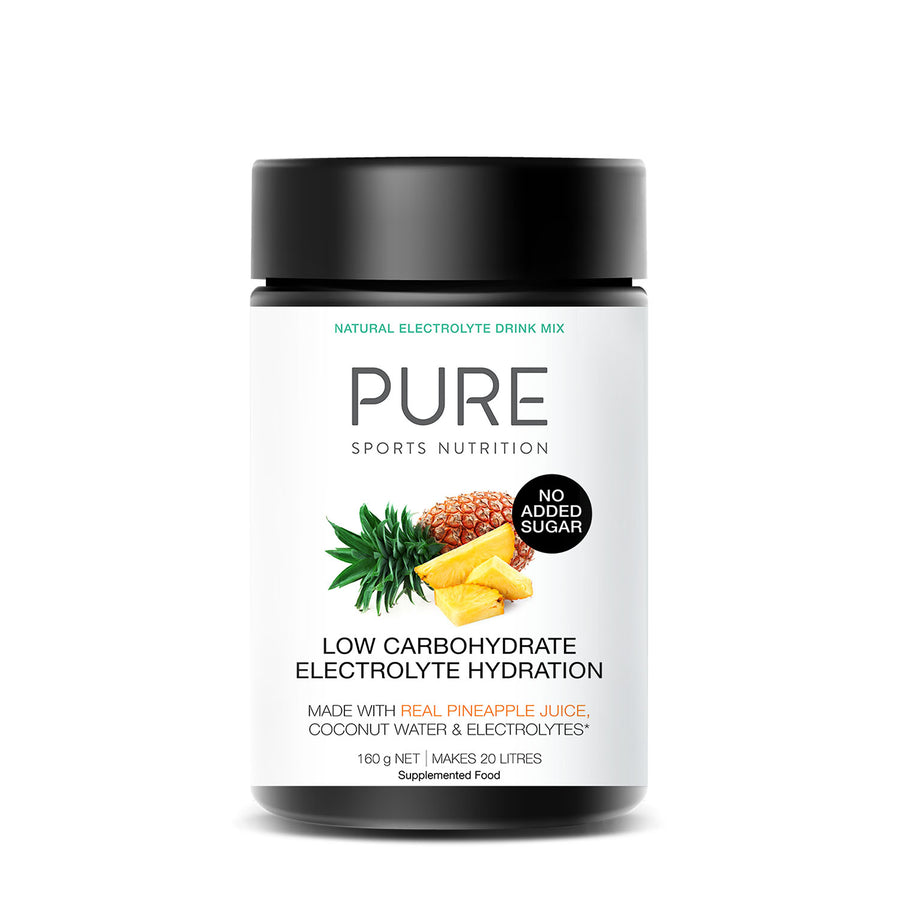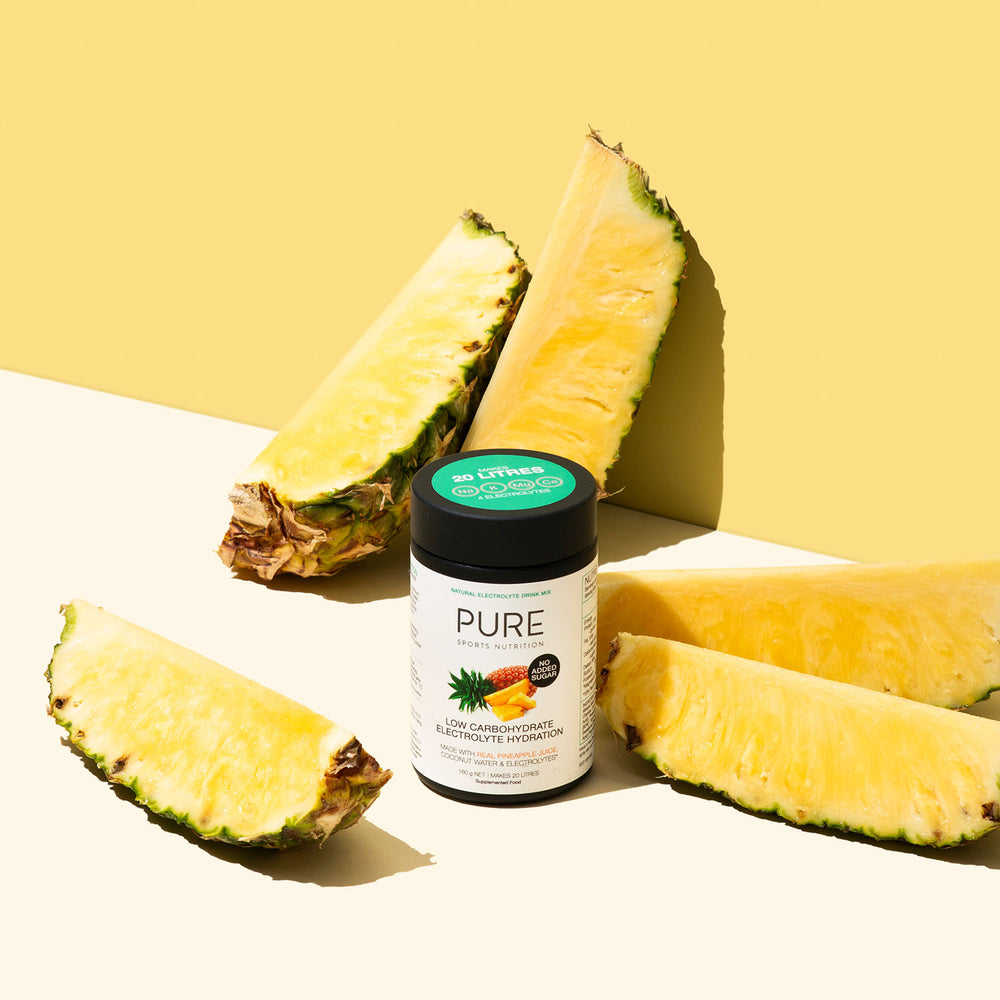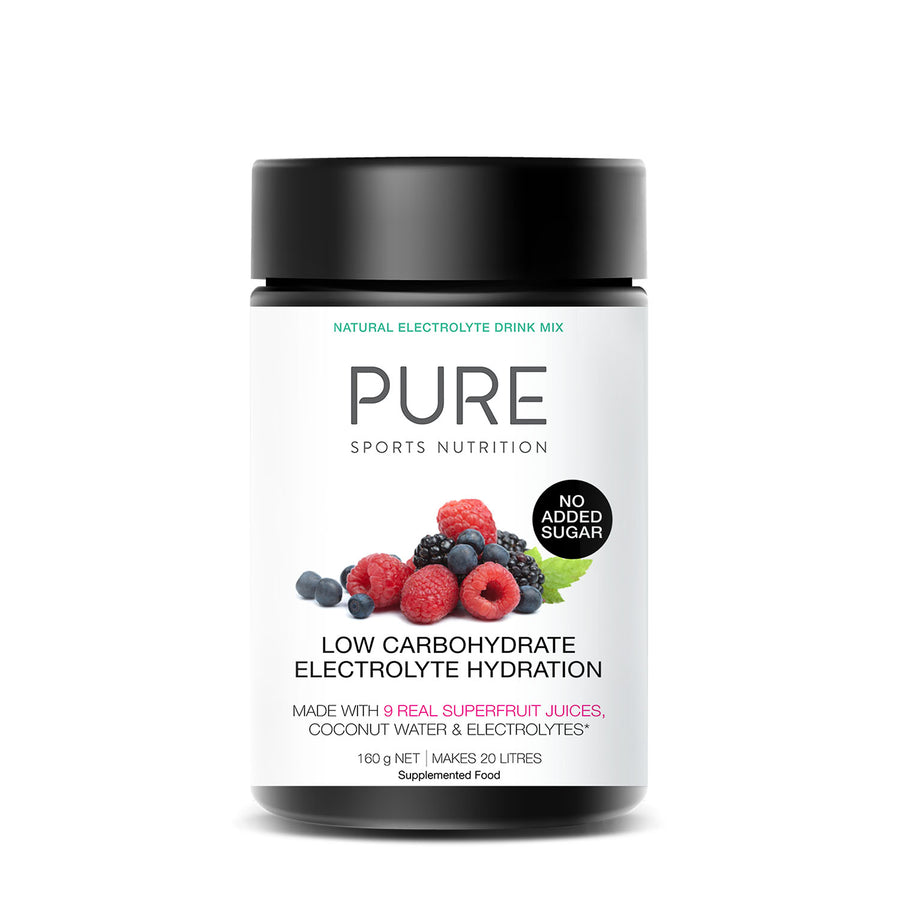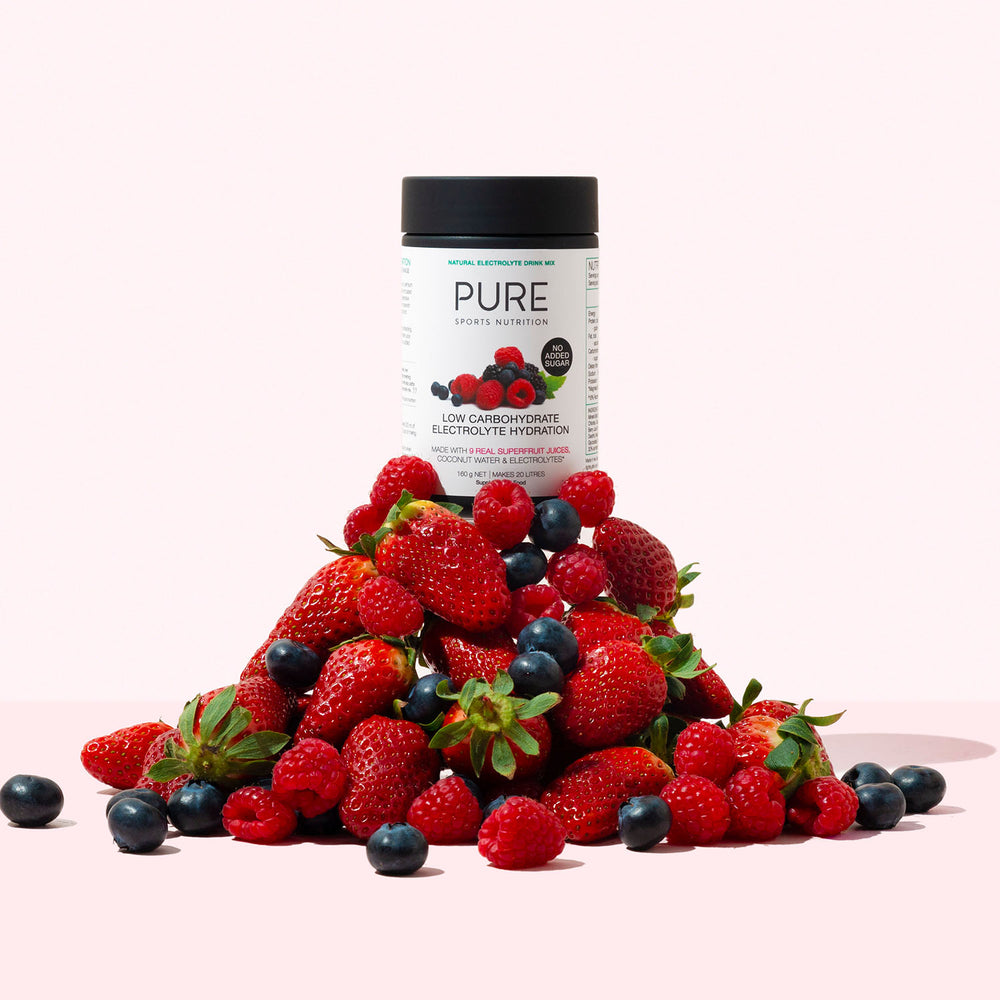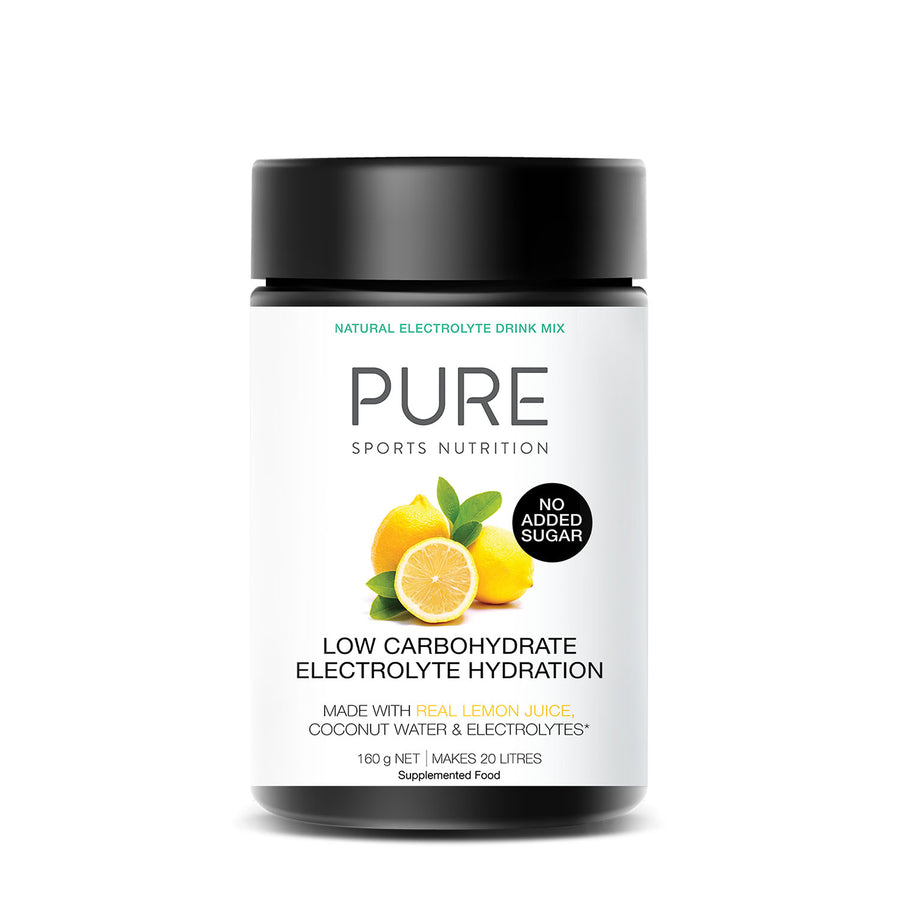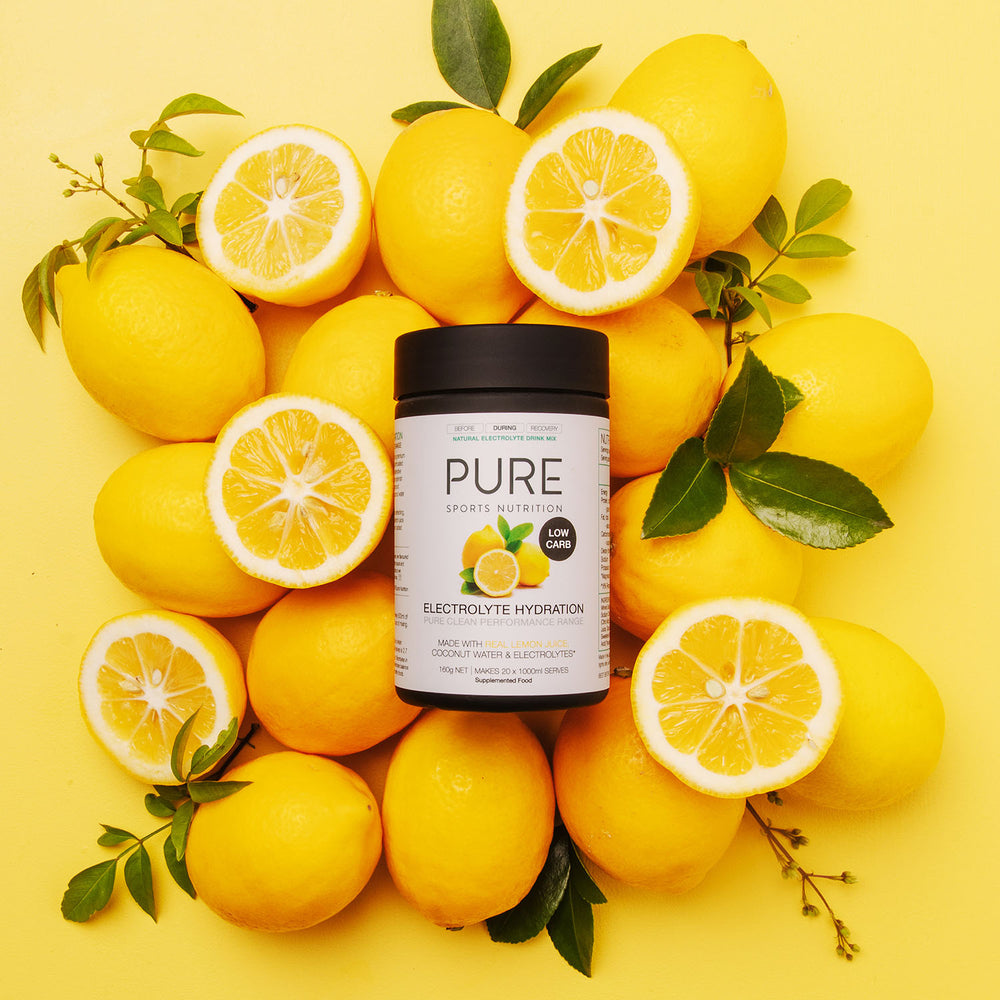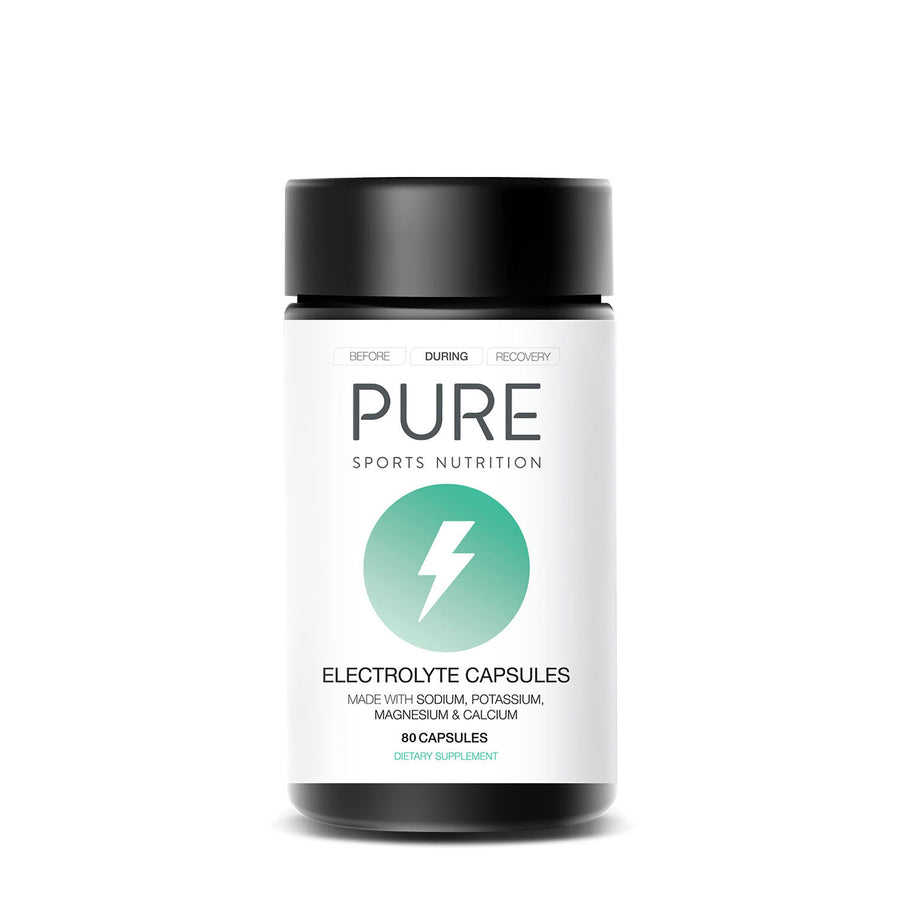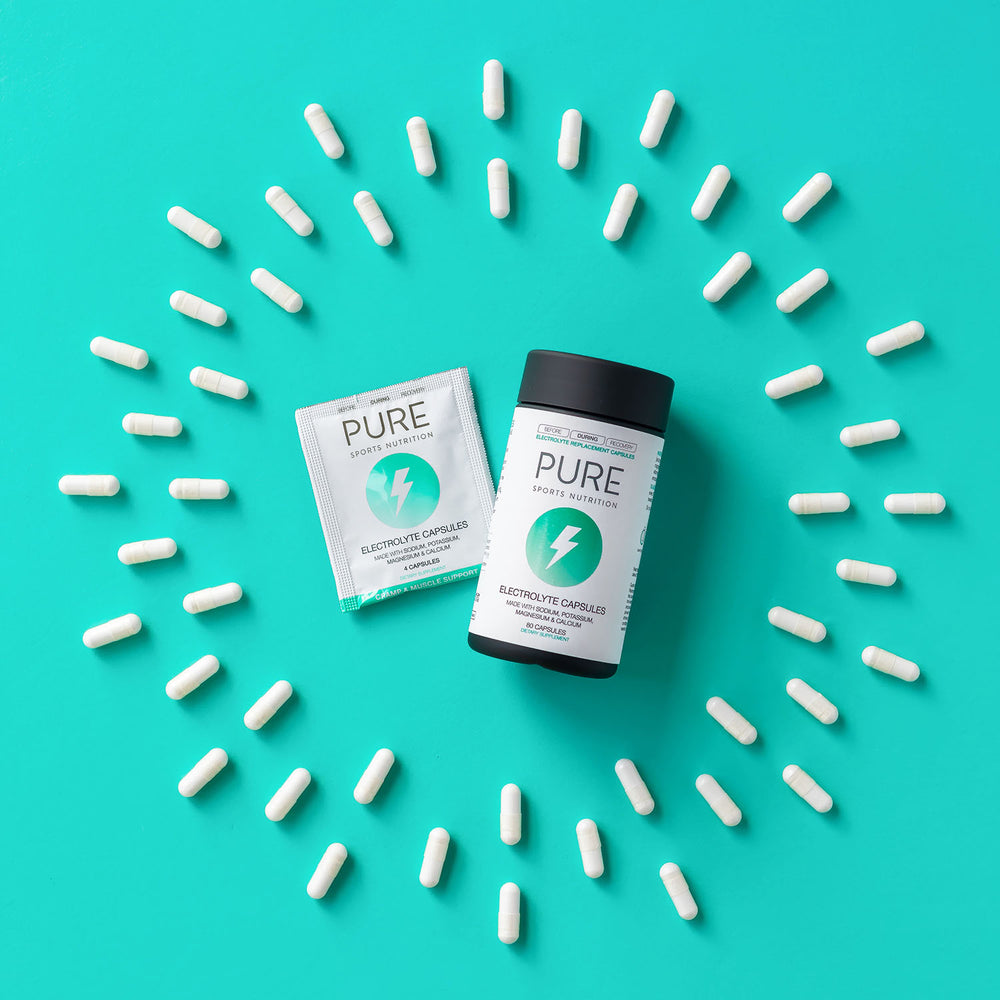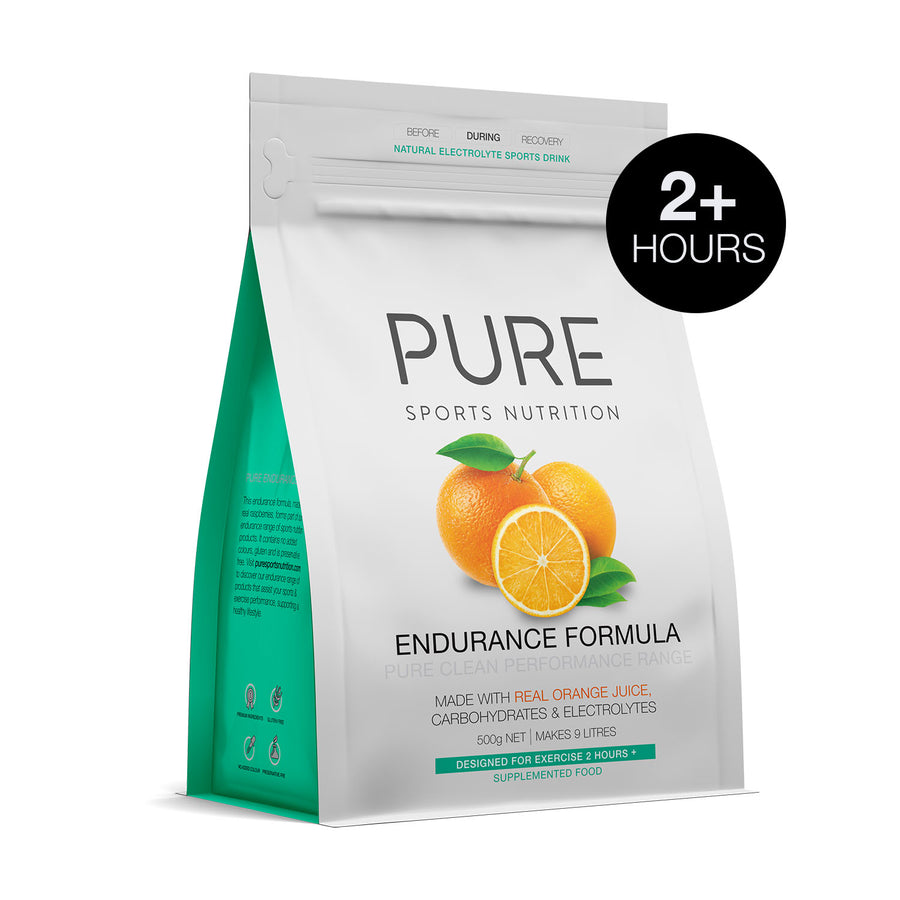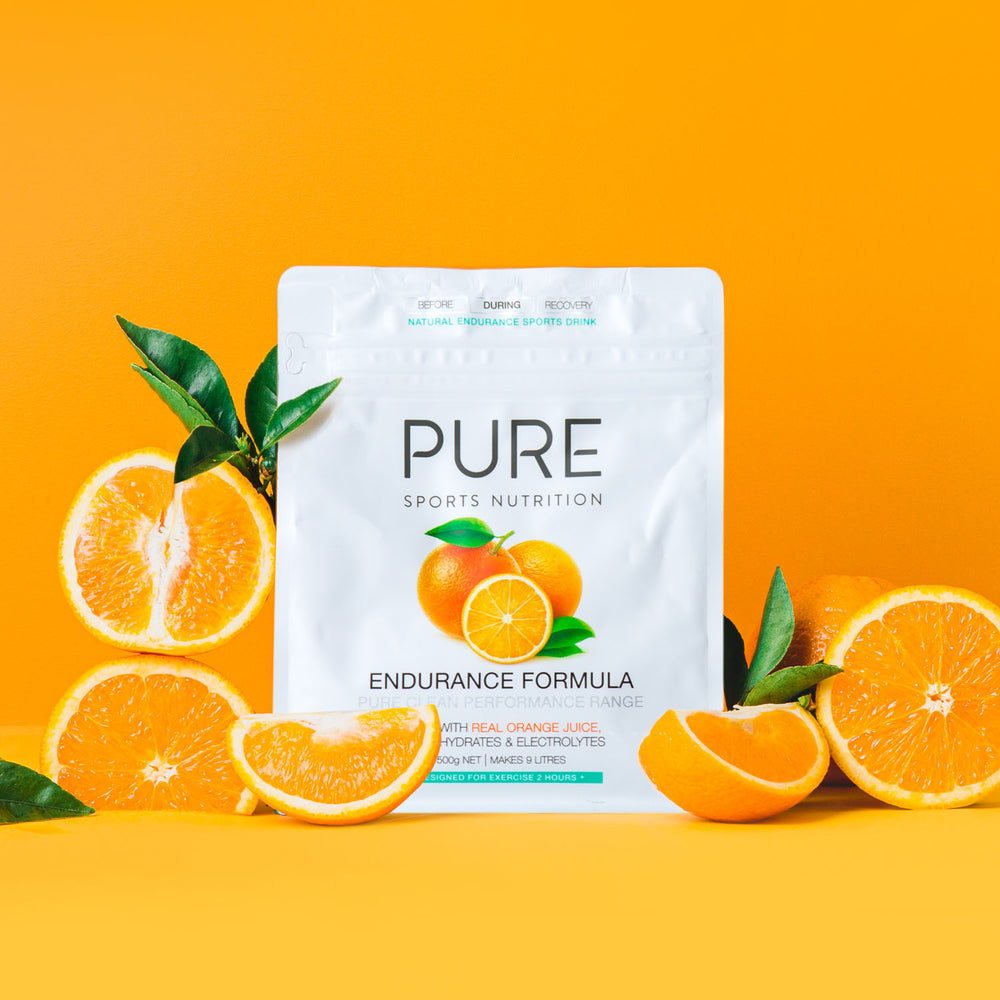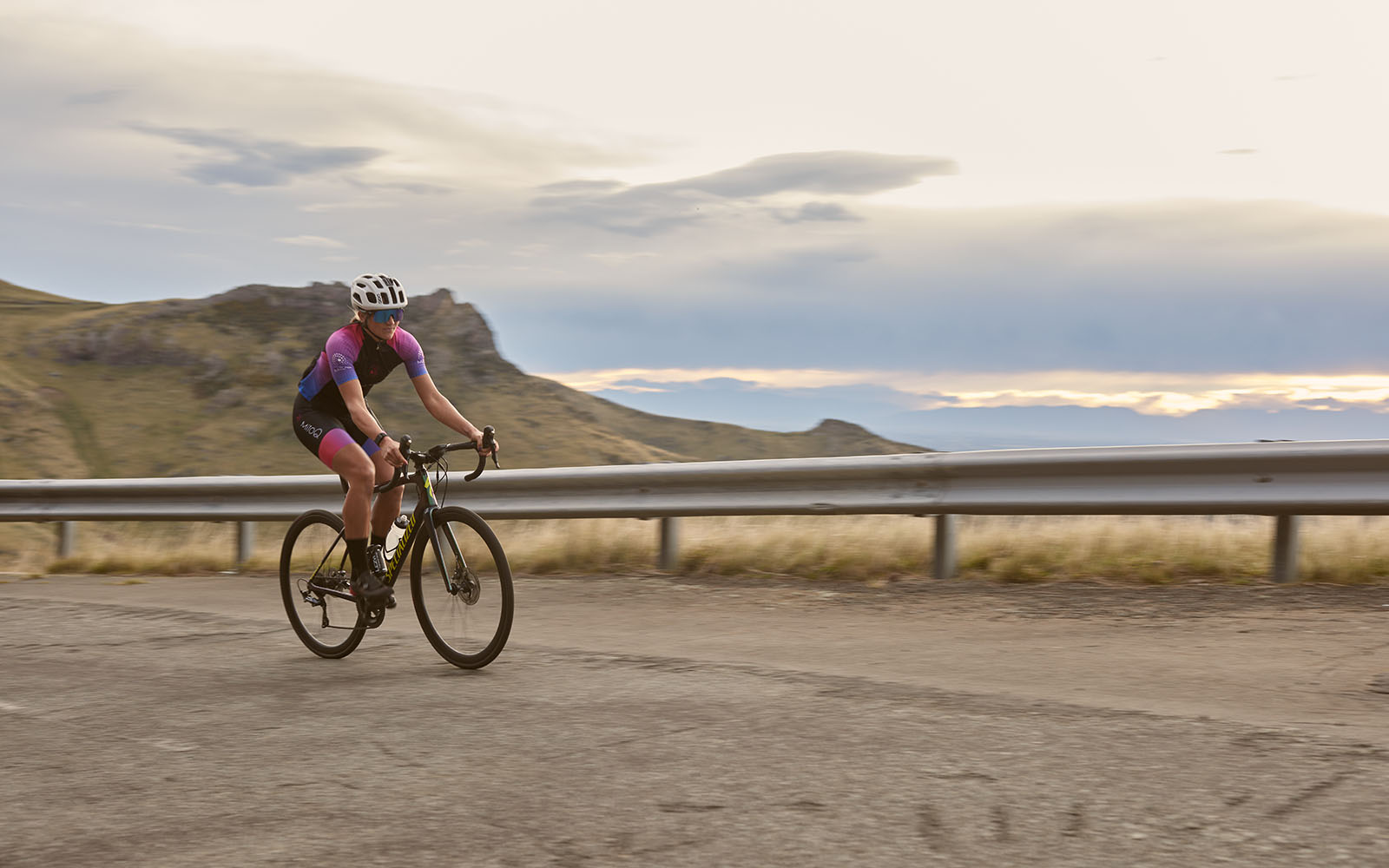
Cycling Nutrition
Fuelling Your Race Day
With PURE Co-founder and Sports Nutritionist Marewa Sutherland
When it comes to nutrition, cycling can be a challenging sport with its often-long durations, high intensities and logistical obstacles. PURE Co-founder and Sports Nutritionist (BAppSc) Marewa Sutherland shares her experience developing the PURE range plus her tips of the trade as a former elite cyclist.
PURE Sports Nutrition was born a decade ago, Marewa recalls “my brother Simon and I found there was a noticeable gap in the nutrition market. We were both competitive road cyclists at the time, and we couldn’t find nutrition that we didn’t have to force down while training and racing.” Tapping into Marewa’s sports nutrition knowledge the pair spent over a year researching and prototyping products. Their ethos was simple, what if they put aside pricing and used solid science and only the best ingredients, to formulate a sports drink? The answer was the beginning of a range that was both enjoyable to drink and of the highest quality. Still to this day every PURE Sports Nutrition product is formulated by Simon and Marewa themselves and vigorously tested by countless numbers of athletes. By the time a product hits the shelves it has well and truly passed the performance test.
All sports nutrition starts well before race day. “We always suggest you try your nutrition in training, experiment and find what works best for you, there shouldn’t be anything new on race day” Marewa emphasises.
In the Days Leading into a Race:
Use the valuable days leading up to an event to get the most out of your performance. What does this look like? Beet loading from 5 days out. One pouch of PURE Beet Endurance contains 1.6kg of concentrated beet juice, which helps increase blood flow around the body helping more oxygen and nutrients to get to exercising muscles. The freeze-dried powder is super versatile to fit into your day as it mixes easily in fluid.
Prioritising carbohydrate supply (up to 12g/kg/day depending on race duration and gender) helps preload muscle glycogen, allowing you to maximise your endurance stores. Starting any event well hydrated is also a simple yet often overlooked area of nutrition, drinking sports drink in the lead up (PURE Electrolyte Hydration for carbs or PURE Electrolyte Hydration Low Carb for without for example) helps absorb the fluids into the body and ensure electrolyte stores are well balanced.
On Race Day:
Fuel early. Fatigue often kicks in before fuelling so begin your nutrition 15 minutes before the starter gun. It doesn’t need to be a massive amount, a gel or a few PURE Energy Chews to top up blood sugar levels will work. Be sure to spread out hourly nutrition and fluids evenly to provide sustained energy. Generally, events under 2 hours require up to 60g of carbs per hour and longer events up to 90g per hour, so add up the carbs from your nutrition to make sure you’re hitting this goal. It’s key that your nutrition is easy to access too, especially in racing conditions so don’t be afraid to saddle up the bento box or hydro-pack so you can keep focused on the ride. PURE Race Fuel has just been launched, delivering 90g of carbs per serve, perfect for those racing needs.
Prevention is key when it comes to cramp. This can include loading on salts pre-race, drinking electrolytes pre-race and including electrolyte capsules into your race plan to ensure you are replacing salts lost in sweat. Everyone has a different sweat rate so it could be worth getting a personalised sweat rate assessment done to ensure you are ahead of your losses.
Post Race:
When it comes to recovery all bases need to be covered! Ideally in a fairly quick timeframe, this is why PURE Recovery Shake was formulated and it will supply carbohydrates, protein (20g) and electrolytes and designed to be quickly mixed with water for fluid replacement. Throw in some ice for cooling, it’s the perfect ice-cold chocolate milkshake.
The PURE Sports Nutrition range has you covered to fuel your training, racing and recovery, however, don’t be shy to inject some solid food in there – do what works for you! Especially in races over 2 hours or over where protein starts to play a bigger role in fuelling. Fat can also be helpful at keeping hunger at bay.
